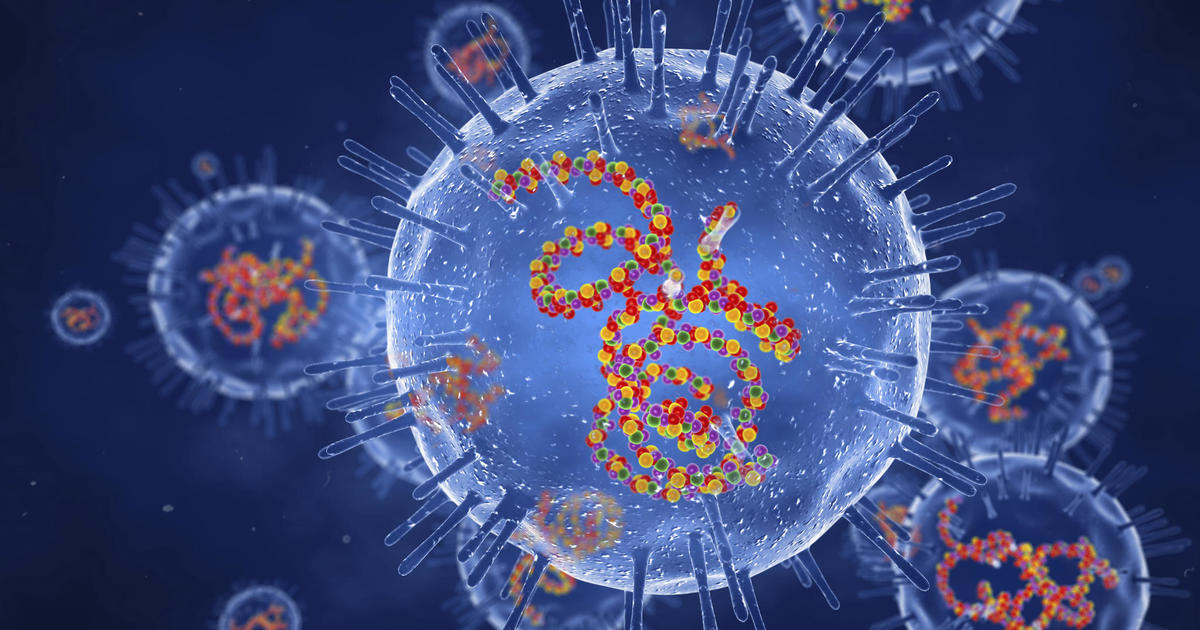NFL Superstar Drew Brees Offers Message Of Hope For 6-Year-Old Diagnosed With Rare Brain Tumor
LOS ANGELES (CBSLA) — For the Parker family, it was an average day when 6-year-old Easton complained of a headache.
Lia Kate Parker, Easton's mother, says she had dropped Easton off at school when she received a call that said he was complaining of a headache.
"Well, I brought him home, and he threw up three more times. I brought him into the emergency room and I said, 'I'm not leaving until I know what's wrong with my son'," said Parker.
Easton was diagnosed with a rare pediatric brain tumor known as DIPG or diffuse intrinsic pontine glioma. The cancer is inoperable. For now, radiation is the only option.
"They've kind of given us not much hope. On average, DIPG kids live 9-12 months which is quite sad. They've already pretty much stamped my kid as… you know, his death certificate," she said.
The Parkers now make the trek to St. Joseph's Hospital five days a week for radiation treatment. Despite that, Easton's parents are doing their best to still allow him to be a kid.
"We are keeping his spirits up by letting him go to his football games, baseball games and playing in them," she said.
NFL superstar Drew Brees whose sons play in the same youth football league in San Diego heard of Easton's diagnosis and reached out.
"Hey Easton! On behalf of the Brees family, we wanted to wish you well today. We know you start treatments and we just want you to know that we're thinking about you and man, you're going to be out on the football field before you know it again," Brees said.
"He texts us the first morning of radiation and Easton got to wake up to that and seeing that smile on that boy's face which we hadn't seen really, he was so excited," Parker said.
CBS Los Angeles reached out to the Los Angeles Rams, which is providing Easton and his family with field passes and tickets to see Brees play in person.
There are about 300 new cases of DIPG cases being diagnosed per year, yet there has been little progress in improving treatments and cure rates over the last two decades. Fewer than 10 percent of children with DIPG survive two years from the date of diagnosis.
By sharing his story, Easton's family is hoping that it will raise awareness and increase funding for research.



